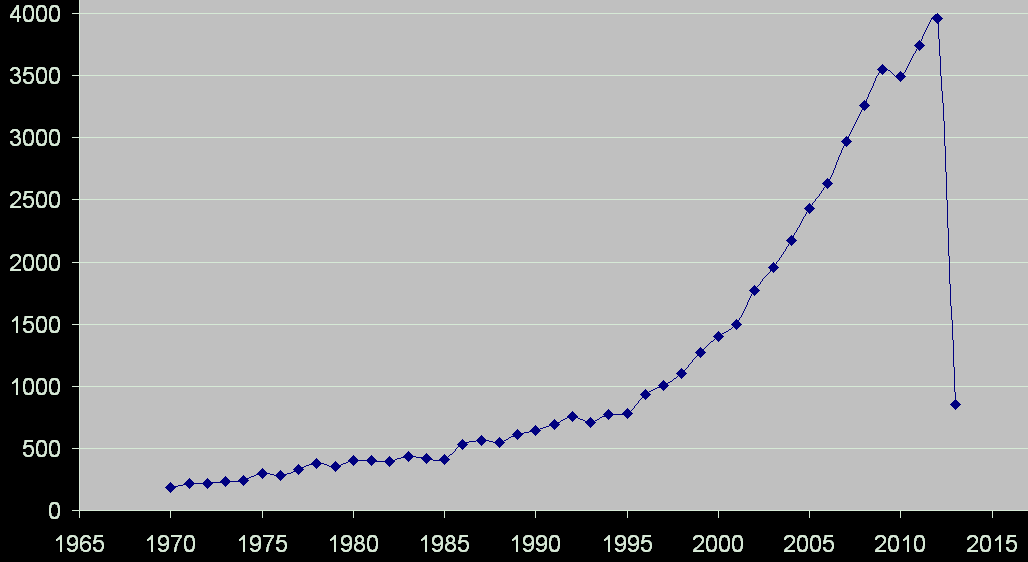This is the section in which he cites the now classic work of people like Cavalli-Sforza, Feldman and others on gene-culture co-evolution. The thing is, if we are meant to take that (interesting, pioneering) work as a way to theorize about cultural evolution, we are at a dead end. Most of those papers are from the 1970s and ‘80s, with very little having been done since. That approach looks increasingly like what philosopher of science Imre Lakatos famously called a “degenerative” research program, i.e. an approach that seemed once fruitful but that has since ceased to bear fruits.Unlike Massimo, I am familiar with much of this literature. Massimo is wrong about this. Instead, I agree with this perspective:
For those who are interested in extending evolutionary explanations to a very broad range of phenomena that include human culture, these are very exciting days. We are seeing a flood of fascinating experimental results as well as rapid development in the underpinning theories. One could well say that we are witnessing a major transition in how humanity understands the world and itself.To help calibrate, I checked with Google Scholar on "cultural evolution". It shows this growth:
 Growth in "cultural evolution" papers over time
|
Indeed, free data sets relating to cultural phenomena - such as those produced by MemeTracker, Google, YouTube, IBM, BlogRunner, governments and others - has led to a modern explosion of such papers.
Here's my graph data:
For the corresponding results for "memetics", see here.










No comments:
Post a Comment